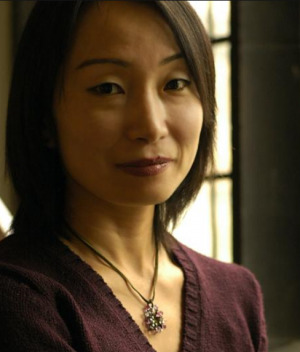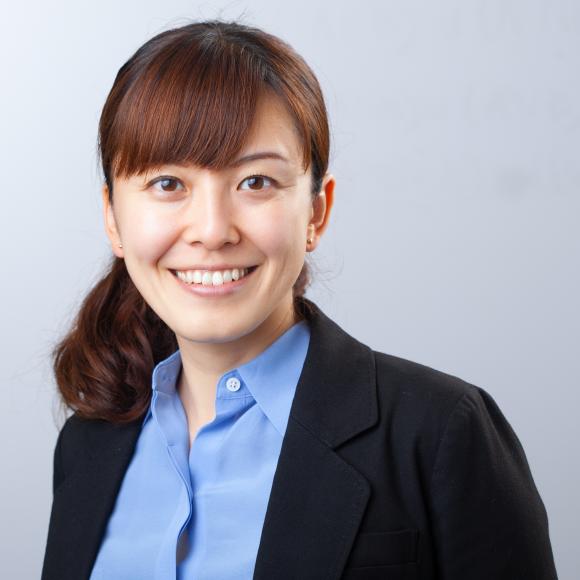
Yukiko Asai is an Assistant Instructional Professor at the Harris School of Public Policy. Prior to joining Harris, Yukiko was a Junior Researcher (Assistant Professor) at Waseda University, Japan, a Postdoctoral Fellow and Research Fellow at the Institute of Social Science, the University of Tokyo and a Visiting Researcher and Lecturer in Labor Economics at the University of California Berkeley. Her research and teaching areas are in labor economics and personnel economics, with particular focus on the effects of family leave and child care policies.
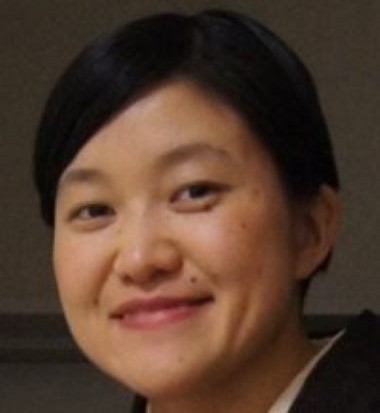
Ayako Yoshimura joined the University of Chicago Library in June of 2015 after completing a Ph.D. in folklore at the University of Wisconsin–Madison, where she also served for five years as Japanese studies bibliographer. While remaining active internationally as a folklorist, Ayako assists students, faculty, and independent scholars from all disciplines in their Japanese-studies research across campus and beyond.
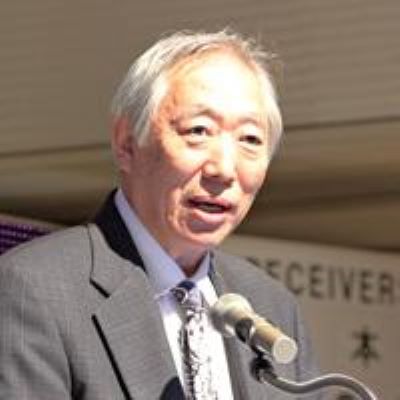
Professor Yamaguchi is interested in statistical models for social data and mathematical models for social phenomena, the life course, rational choice, exchange networks, stratification and mobility, demography for family and employment, and process of drug use progression. His current research focuses on models of exchange networks and women's occupational careers in Japanese society.

Professor Van Wyk's research focuses on early modern theater and performance, misemono spectacle shows, print and visual culture, disability studies, performance studies, and intersections between literature, theater, science, technology and medicine.
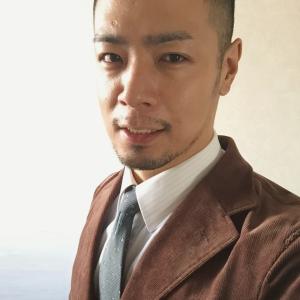
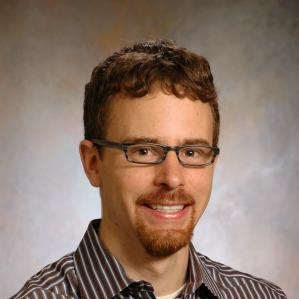
Professor Long's research and teaching interests include modern Japanese literature, regional and subnational literatures, publishing history, environmental history and criticism, media theory, and digital humanities. His first book, On Uneven Ground: Miyazawa Kenji and the Making of Place in Modern Japan (2011), examines the ways in which artistic and literary activity intersected with ideas about place and locality in Japan’s prewar period. He is currently working on a project that considers postal technologies of late 19th and early 20th century Japan as forms of “new media.” He is focusing on the ways these technologies impacted practices of writing—literary or otherwise—and how they may or may not have altered established patterns and ideas of social association and communication.
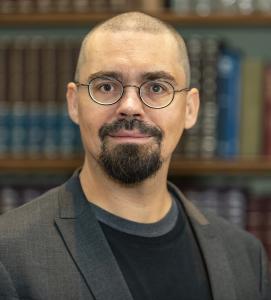
Professor Licha comes from the Department of Japanese Studies at the University of Heidelberg. He received his PhD from SOAS (London) in 2012. Prof. Licha specializes in the intellectual history of Japanese Buddhism, with an emphasis on the interactions between the pre-modern tantric, Tendai, and Zen traditions, and the global history of Buddhist modernism in the late 19th and early 20th centuries.
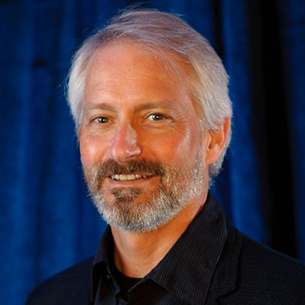
Professor Lamarre is a scholar of media, cinema and animation, intellectual history and material culture, with projects ranging from the communication networks of 9th century Japan, to silent cinema and the global imaginary, animation technologies, and on television infrastructures and media ecology.

